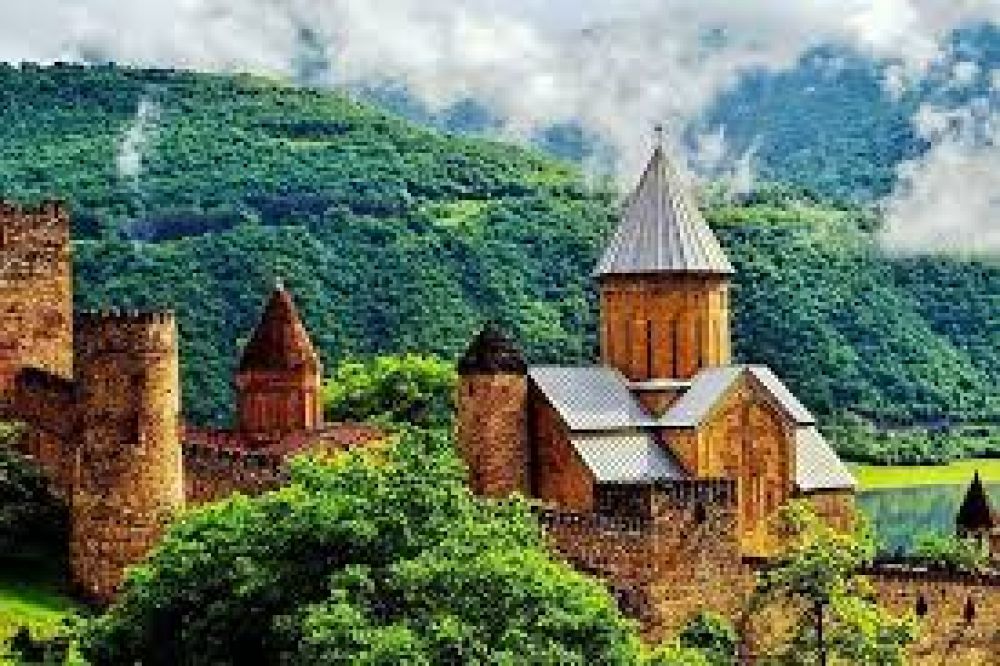

The history of tourism in Zaqatala, a picturesque region in the northwestern part of Azerbaijan, is relatively nascent. Nestled amidst the lush greenery of the Caucasus Mountains, Zaqatala has long been known for its natural beauty and cultural diversity, but it has only recently begun to gain recognition as a tourist destination.
In the Soviet era, tourism in Zaqatala was largely domestic, with visitors coming from within the USSR to enjoy the temperate climate and the therapeutic properties of the local mineral waters. The region was renowned for its sanatoriums that offered treatments for various health issues. However, international tourism was minimal due to travel restrictions and a focus on other touristic areas within the Soviet Union.
After Azerbaijan regained its independence in 1991, the country began to develop its tourism infrastructure, and Zaqatala slowly started to emerge as a destination for international travelers. The Azerbaijani government, recognizing the potential of the tourism industry for national development, invested in improving facilities and accessibility to the region.
Today, Zaqatala is building its reputation as a destination for eco-tourism and cultural tourism. The unspoiled nature, including the Zaqatala State Nature Reserve, offers perfect conditions for hiking, bird watching, and exploring diverse ecosystems. Moreover, the town of Zaqatala itself boasts historical architecture, such as the Zaqatala Fortress, an important cultural landmark dating back to the 1830s.
The latest trends in tourism within Zaqatala reflect a growing desire for authentic and immersive travel experiences. Visitors are increasingly interested in rural tourism, where they can stay with local families and participate in daily activities like farming and cooking traditional meals.
Another emerging trend is adventure tourism. The region's challenging terrain is ideal for trekking and mountain biking. The Tala River and other nearby water bodies offer opportunities for fishing and river rafting.
Recognizing the value of its pristine natural environment, there has been a concerted effort in Zaqatala to develop sustainable tourism practices. This includes promoting conservation, reducing pollution, and engaging in community-based tourism initiatives that directly benefit local residents.
The use of technology has also transformed the tourism landscape in Zaqatala. Online marketing and social media platforms are increasingly used to attract and engage global travelers. Moreover, initiatives like virtual tours have been introduced to pique the interest of potential visitors.
The region's rich cultural tapestry is showcased through events and festivals that celebrate the unique traditions of Zaqatala. These cultural gatherings are becoming an integral part of the tourism experience, drawing visitors who seek to understand and engage with the local customs and heritage.
In conclusion, Zaqatala is a burgeoning tourism hotspot that offers an array of experiences for modern travelers. From its history as a Soviet health retreat to its present status as a beacon of eco and cultural tourism, Zaqatala promises to be a memorable destination for those seeking to explore the wonders of Azerbaijan.